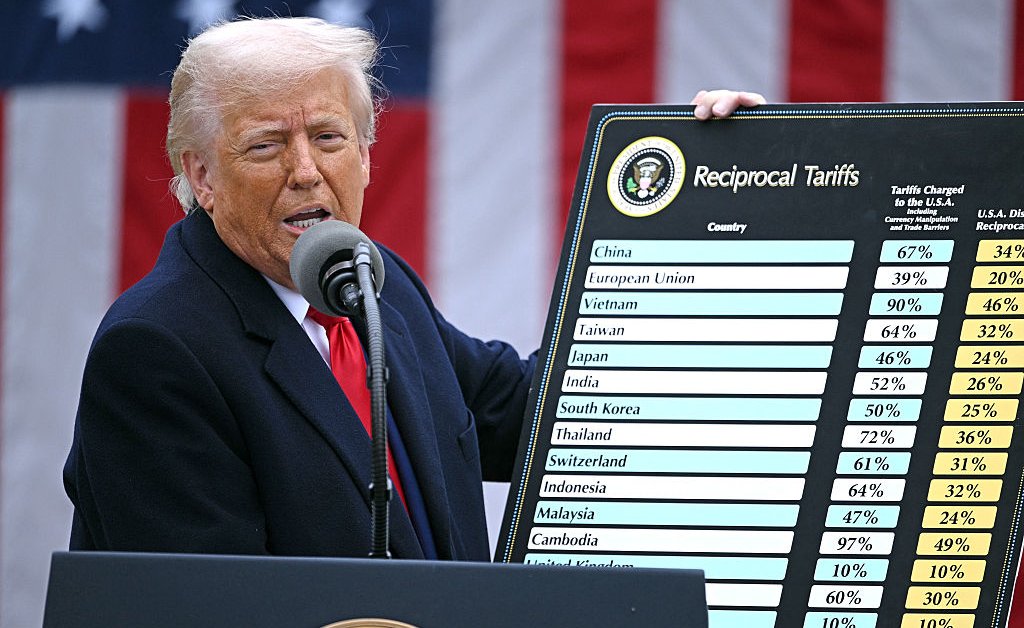Trump Tariffs: Clean Energy's Unexpected Fallout
The Trump administration's imposition of tariffs on imported goods, while aimed at bolstering American industry, had a complex and often unforeseen impact on various sectors. One area significantly affected, perhaps unexpectedly, was the clean energy industry. While the intention was to protect domestic manufacturing, the tariffs created a ripple effect that hindered the growth of renewable energy initiatives.
The Tariff's Impact on Solar Panel Imports
One of the most visible effects was on solar panel imports. Significant tariffs were levied on imported solar panels, primarily from China. This instantly increased the cost of solar energy projects across the United States. While proponents argued this would encourage domestic solar panel manufacturing, the reality was more nuanced.
- Increased Costs: The higher price of solar panels made solar energy less competitive against fossil fuels, slowing down the adoption rate of renewable energy solutions.
- Project Delays & Cancellations: Many planned solar projects faced delays or outright cancellation due to the inflated costs, impacting the overall growth trajectory of the renewable energy sector.
- Limited Domestic Capacity: Despite the tariffs, the US domestic solar panel manufacturing sector couldn't immediately meet the demand, leaving a gap in supply and impacting the timely completion of projects.
Beyond Solar: Impacts on Other Clean Energy Technologies
The effects weren't limited to solar. While less pronounced, the tariffs also impacted other clean energy technologies:
- Wind Turbines: Some components of wind turbines were also subject to tariffs, leading to similar challenges in project costs and timelines.
- Battery Storage: Materials and components used in battery storage systems, crucial for grid stability with intermittent renewable sources, were also affected by tariff increases.
Long-Term Consequences & Lessons Learned
The Trump tariffs on clean energy components offer a valuable case study in the unintended consequences of protectionist policies. While the intention was to protect American jobs, the actual outcome was a complex mix of successes and failures.
- Job Creation vs. Job Losses: While some jobs were created in domestic manufacturing, the overall effect on employment within the broader clean energy sector may have been negative due to project delays and cancellations.
- Impact on Climate Goals: The slowdown in renewable energy adoption due to increased costs hampered progress towards national and international climate goals.
- Geopolitical Implications: The tariffs also strained relationships with key trading partners, impacting broader economic and diplomatic relations.
The Future of Clean Energy & Trade Policy
The experience with the Trump tariffs highlights the need for a more nuanced approach to trade policy concerning clean energy. A balanced strategy that supports domestic manufacturing while ensuring affordable and accessible renewable energy technologies is crucial for achieving both economic and environmental sustainability. Future trade policies must consider the broader economic and environmental implications, avoiding similar unintended consequences in the future. The clean energy transition requires international cooperation and efficient supply chains, not protectionist measures that stifle innovation and growth.
Call to Action: What are your thoughts on the impact of trade policies on the clean energy sector? Share your insights in the comments below! Let's discuss how we can foster a more sustainable and equitable approach to clean energy development.

